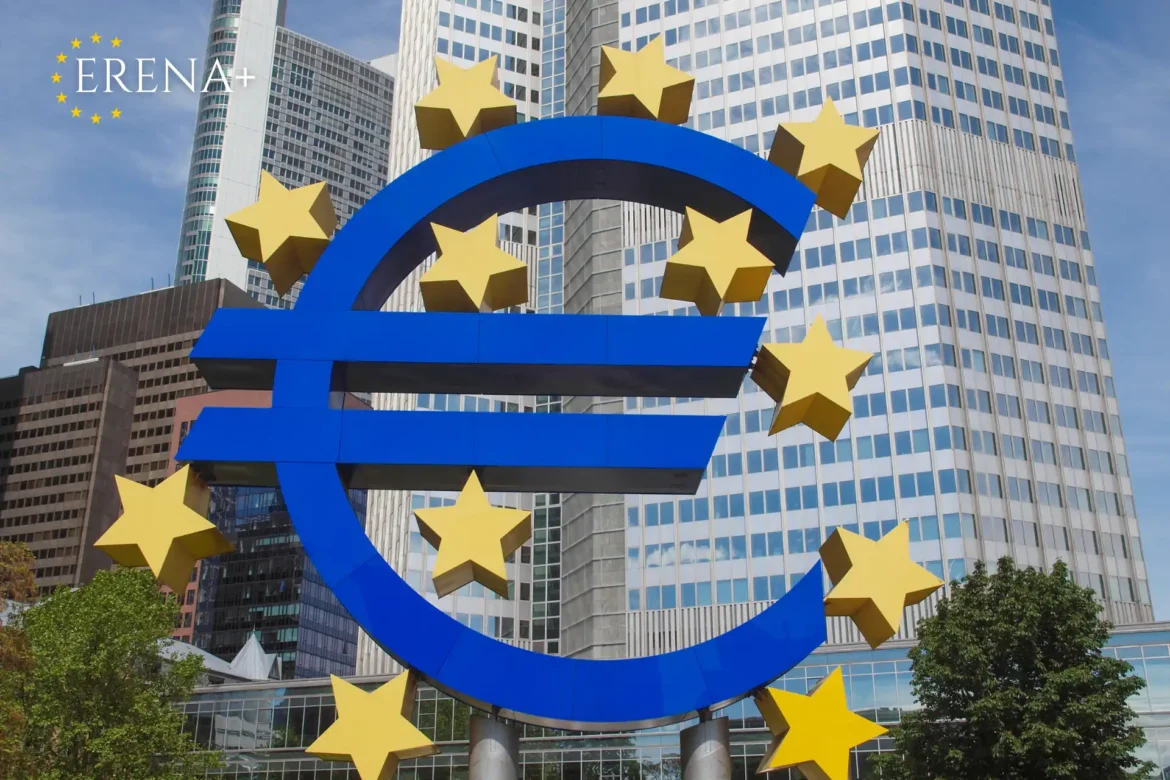The European Central Bank (ECB) has made headlines by reducing its main refinancing rate by 25 basis points to 3.5%. This significant policy move aims to stimulate economic growth and has immediate implications for key sectors, particularly mortgages and real estate.
What Is the ECB Refinancing Rate?
The refinancing rate determines how much commercial banks pay to borrow funds from the ECB. A lower rate reduces borrowing costs for banks, allowing them to offer more affordable loans to consumers and businesses. This decision reflects the ECB’s commitment to addressing economic challenges and ensuring access to credit.
How the Rate Cut Impacts Mortgages
Lower refinancing rates typically lead to reduced mortgage interest rates, making home loans more affordable:
- Germany: The average fixed-rate mortgage for 20 years, previously around 4.5%, is expected to drop by 0.2–0.3 percentage points. A €300,000 loan could save homeowners €30–50 per month in repayments.
- Italy and Spain: With variable-rate mortgages being more common, borrowers linked to EURIBOR rates may see immediate reductions in monthly payments, boosting housing affordability.
Real Estate Prices: Rising Demand, Rising Costs?
Cheaper mortgages often drive higher demand for housing, which can push property prices upward. The impact varies by market:
- Germany: Cities like Berlin and Munich, already grappling with high demand, could see property prices increase by 3–5% in 2024.
- Spain: Regions like Andalusia or Valencia may experience slower growth, with property prices rising by 1–2%.
- Austria: Stable markets in cities such as Graz and Vienna may witness moderate price increases of 2–3%.
Broader Market Implications
While lower mortgage rates encourage homeownership, they also risk overheating certain housing markets. Policymakers will need to carefully monitor these trends to prevent housing bubbles. Additionally, rising property values could lead to higher rents in high-demand areas, adding pressure on tenants.
Conclusion: A Time of Opportunity and Caution
The ECB’s rate cut is a double-edged sword: it reduces mortgage costs, benefiting buyers and homeowners, but could drive real estate prices higher in competitive markets. Prospective buyers, investors, and renters should evaluate these shifts closely to make informed decisions in a changing financial environment.

